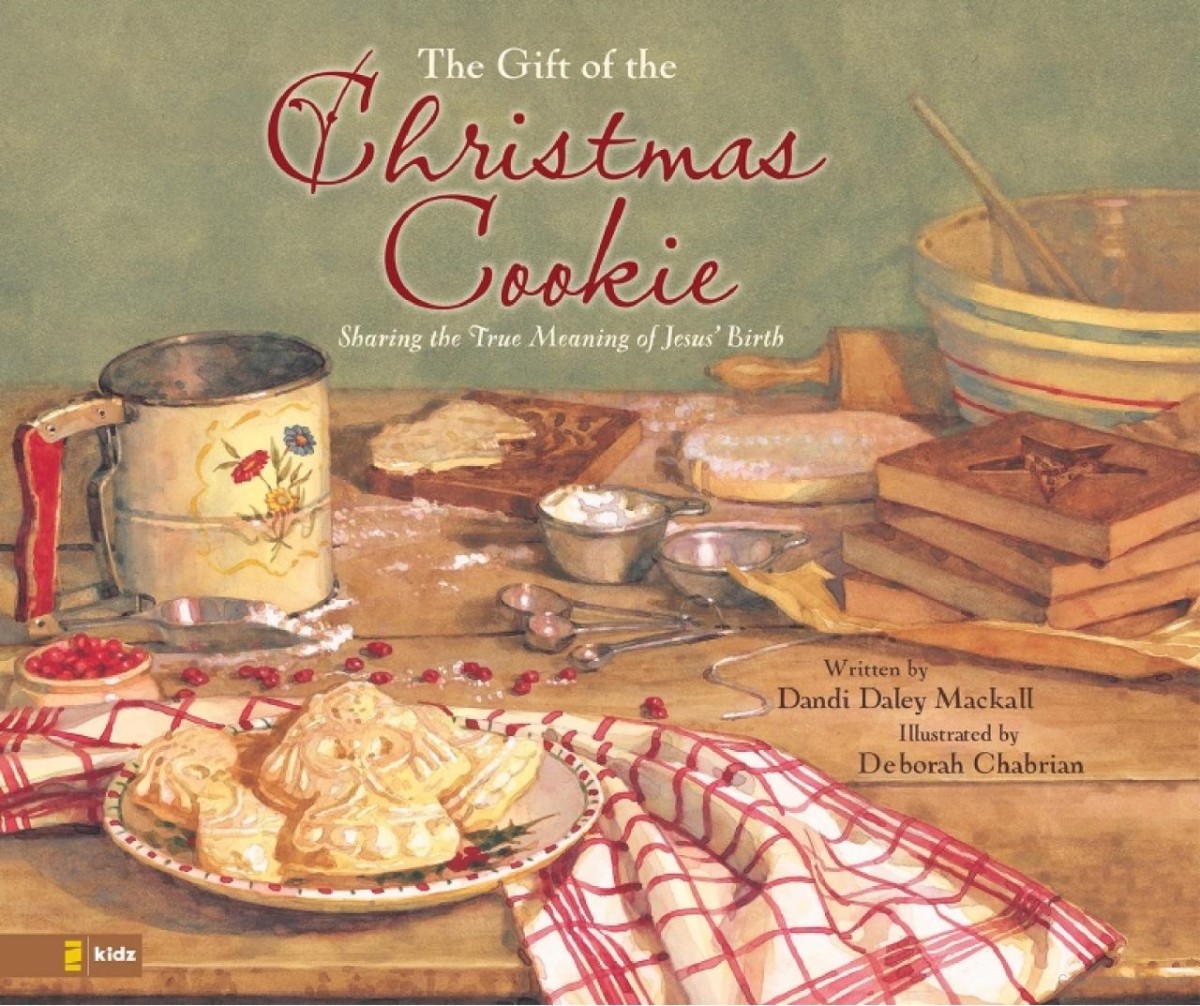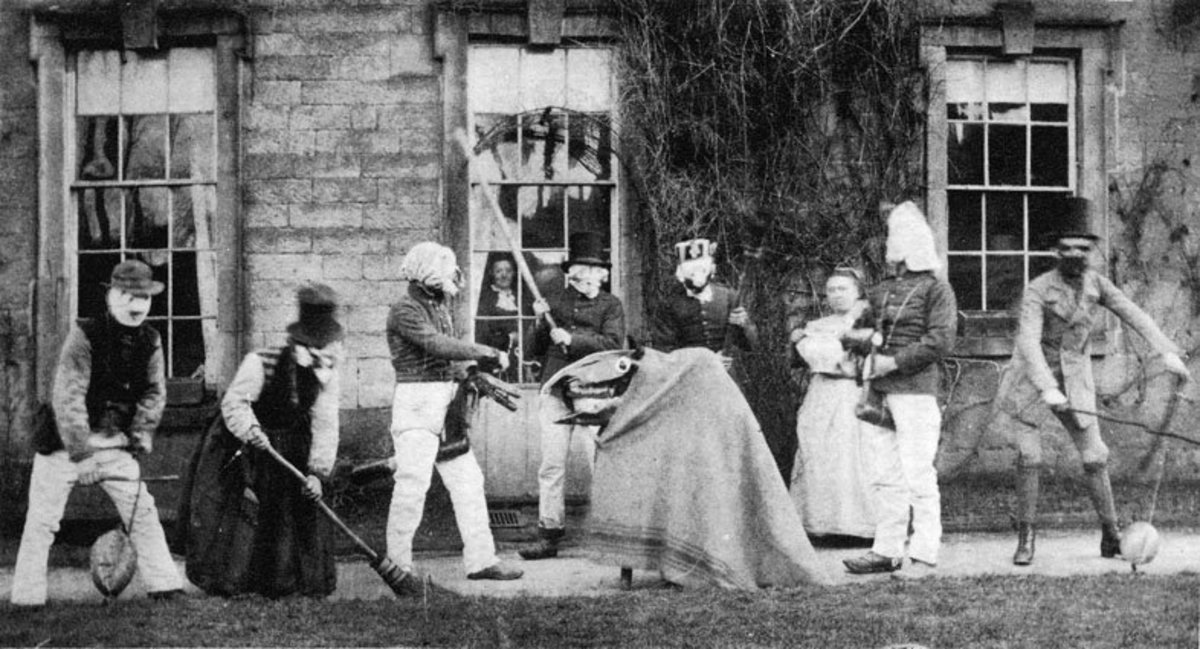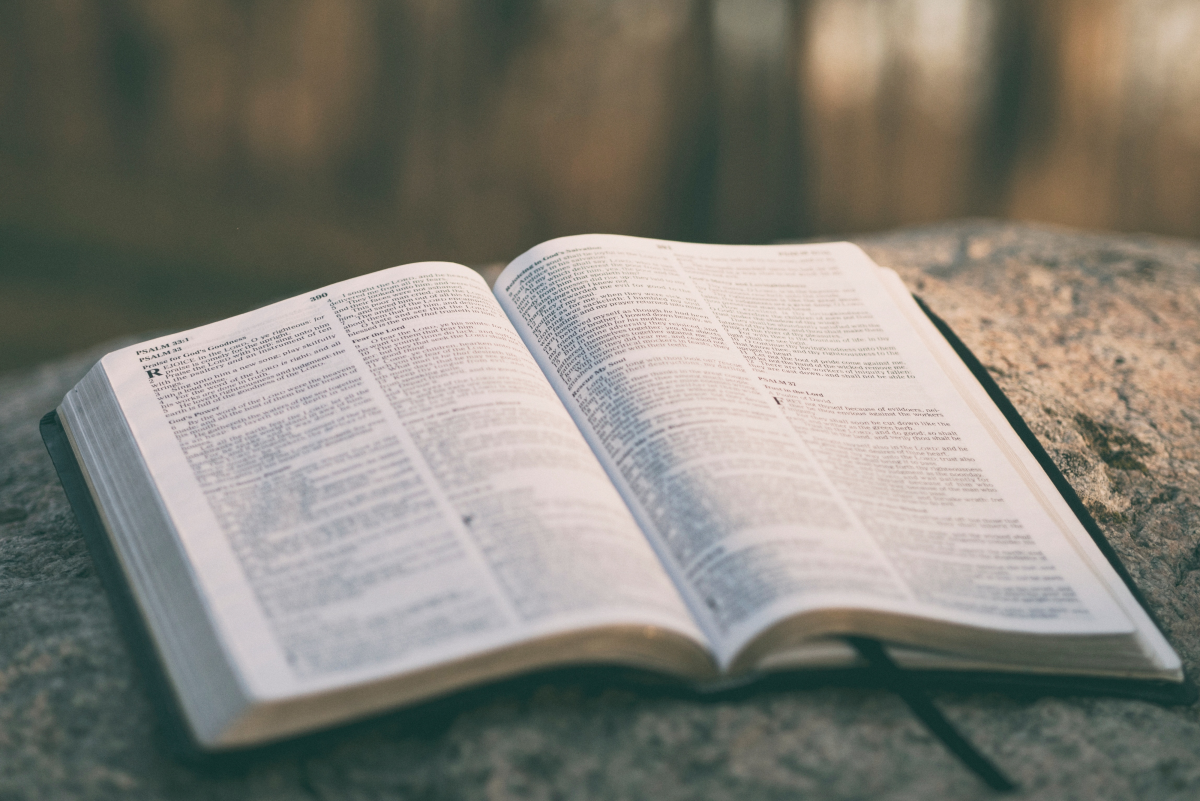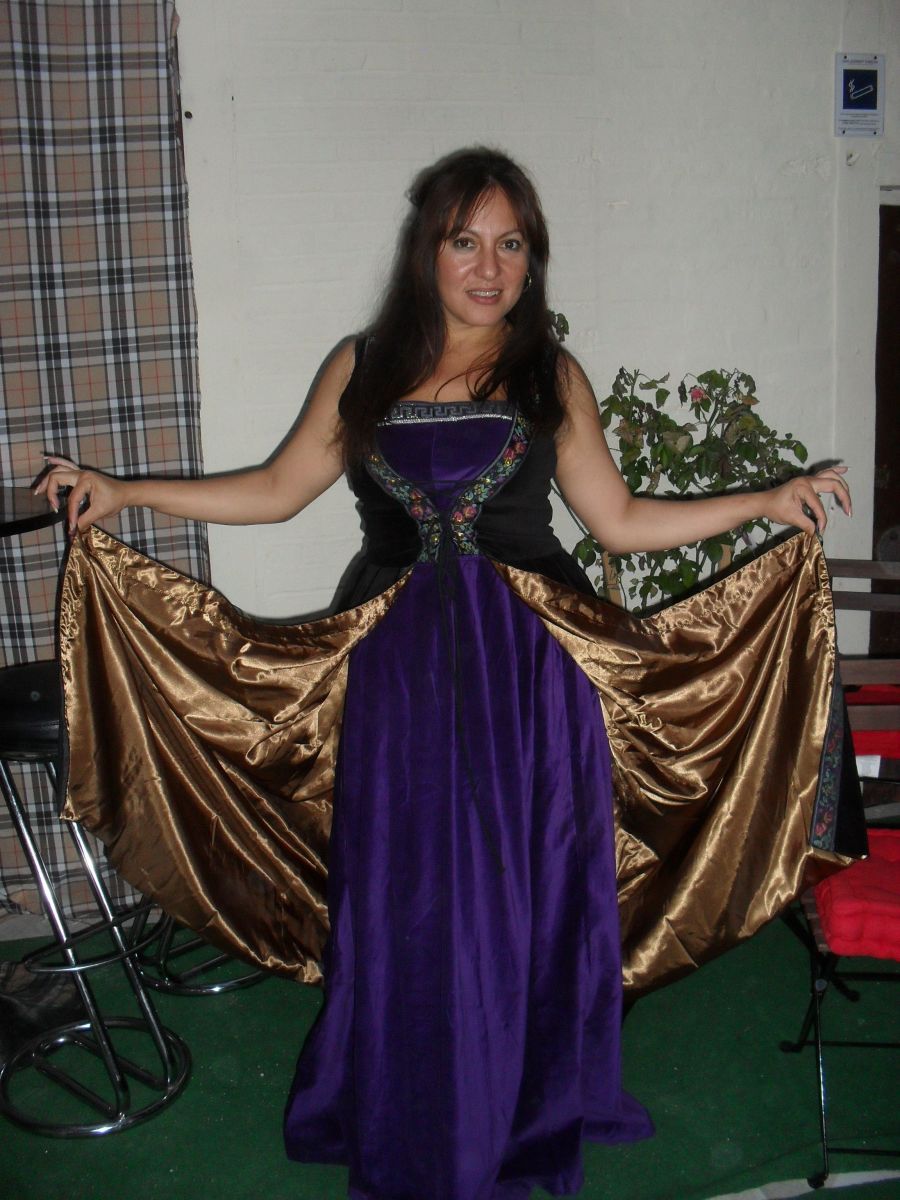Gift-giving at Christmas: It's about the people we love
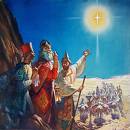
Christmas is almost here and most of the buying is done, at least for all but the last minute scramblers who now have to venture out and face the last minute crowds. If you still need something, it's definitely offline shopping time. Although it may be a little exhausting, it can be fun; however, I sometimes think we get all too caught up with the whole Christmas gift giving thing, to the point where we lose sight of the meaning. It all becomes a little too materialistic. particularly with children.
The history of gift giving at Christmas has been a tradition among human beings since ancient times and the practice probably led to the development of the barter system, which was the economic basis for many societies. Land that was passed from one generation to another was considered a gift, as well as offerings made to various gods. The Romans and Greeks considered any beneficial occurrences as "gifts for the gods" while the leaders of different countries that were part of the Roman Empire sent "gifts" or "tributes" regularly to the emperor in Rome. Many ancient peoples often exchanged gifts during different festival days throughout the year.
The union of Christmas and gift giving was a gradual one and the tradition even extends to ancient times. The gift giving we are familiar with today owes perhaps the most to Victorian England. The Victorians, who brought a renewed warmth and spirit to Christmas made the idea of family part of the celebration. Friendliness and charity filled many hearts during their Christmas season, so giving gifts was natural. The ultimate reason for giving a gift was as an expression of kindness, a sentiment that went nicely with the historical tradition of the holiday.
It was Father Christmas who delivered the gifts at Christmas time in England, Pere Noel in France, and Babbo Natale in Italy. The belief was that La Befana became lost on her way to deliver gifts to the Christ child and began delivering gifts to all youngsters. The American version of Santa Claus was developed in the 1880s by cartoonist Thomas Nash and has become a recognizable symbol of gift giving worldwide.
The idea that gift giving and love are closely associated developed alongside the growth of the Christian religion and may have started with the birth of Jesus. When He was born, it is said that three Wise Men brought gifts to honor Him. These gifts were gold, frankincense, and myrrh, gifts that would normally have been given to a king. Frankincense was a base element used to make fragrances and perfumes, myrrh was used in anointing oils, and gold was as valuable then as it is today.
The tradition has continued and Christmas has become the largest gift-giving occasion of the year. Unfortunately, with gift-giving, we sometimes get caught up with it for its own sake and we need ask ourselves why we are doing this, why are we giving gifts. Of course there are lots of reasons why, but I think that gift giving is, in most cases, is an expression of love from one person to another.
However, we shouldn't just rely on a gift to say I love you. Gift giving isn't the important part, it's the relationship that counts. People and our relationships are much more important than anything material. We just need to step back and remember this sometimes and make sure the receivers of our gifts know it. Christmas isn't about gifts, it's about people.




